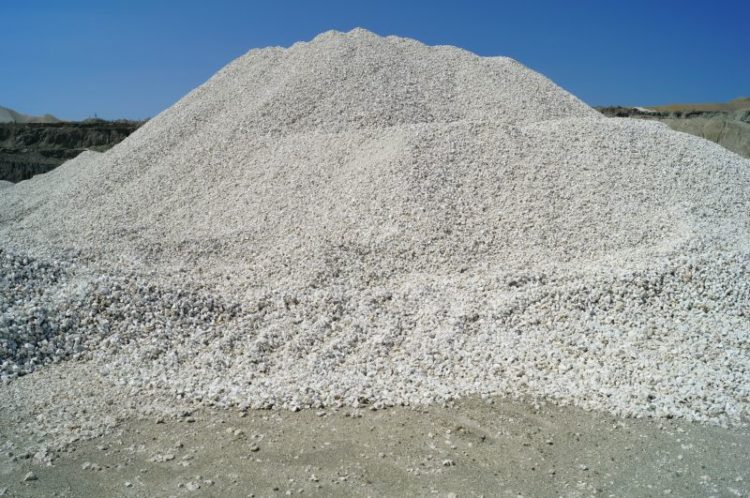Investment and Construction Plans
Taiwan Cement Group (TCC Group) has announced that its subsidiary, E-One Moli, will establish a high-performance lithium-ion battery cell plant in Vancouver, Canada. With an investment of NT$25.5 billion (approximately $790.5 million), the plant is anticipated to produce up to 135 million battery cells annually, making it the largest facility of its kind in Canada. The project will create approximately 450 new jobs, becoming the leading private-sector employer in Maple Ridge.
Government Support and Production Goals
The project will receive significant financial backing, with TCC Group committing NT$10 billion (approximately $310 million) and the Canadian federal government contributing NT$4.8 billion (approximately $148.8 million), along with additional private funding. Construction is expected to begin in June 2024, with the plant projected to be fully operational by 2028. The lithium-ion battery cells manufactured at the Maple Ridge facility will be used in various applications, including consumer electronics, power tools, medical devices, high-performance vehicles, and aerospace, marking a shift from traditional diesel reliance.
Political Endorsement and Environmental Impact
Canadian Prime Minister Justin Trudeau, during his visit to E-One Moli’s Canadian branch, endorsed the project for its contribution to local expertise and climate change mitigation efforts. Nelson Chang, Chairman of E-One Moli and TCC Group, highlighted the company’s commitment to producing environmentally friendly batteries to support the global energy transition.
Criticism from Taxpayer Federation
Despite the project’s benefits, it has attracted criticism from the Canadian Taxpayers Federation. Federation Director Franco Terrazzano criticized the government’s significant financial support to corporations, arguing for reduced taxes and regulatory burdens to stimulate economic growth. This criticism reflects broader discussions on government subsidies and their impact on economic development.






